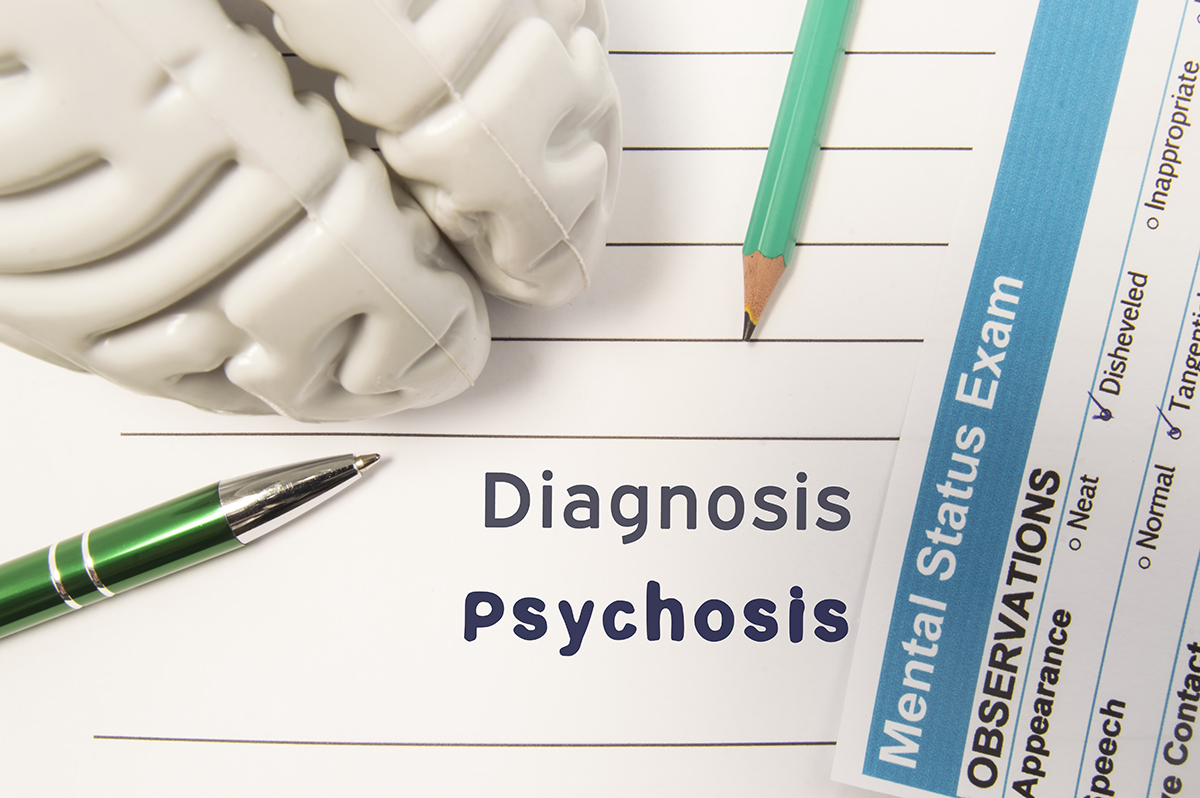What Are the Early Warning Signs of Psychosis?
May is Mental Health Awareness Month, and though we’ve made exceptional strides in understanding and treating mental health disorders, there remains a stubborn societal stigma around mental illness and the need for people to seek life-changing help. Psychosis is an especially stigmatized condition because it can cause erratic behavior, delusions and extreme agitation. What happens when someone has psychosis, and what red flags should you look for?
What Is Psychosis?
Psychosis is a medical term that describes people who perceive the world around them differently from others. People with psychosis may experience confusing, disorienting disruptions in their thoughts or feelings that make it challenging to determine what’s real and what isn’t.
Psychosis might include various symptoms, but usually involves two overriding experiences: hallucinations and delusions.
- Hallucinations can be visual, auditory or sensory. For example, someone experiencing a psychotic episode may see people who aren’t there, hear voices or feel unusual sensations.
- Delusions are irrational, inconsistent beliefs that are unlikely to be true. A delusional person might become paranoid and suspect external forces are observing, controlling or trying to kill them. Or, they might think they have godlike powers or are on a divine mission.
What Causes Psychosis?
Health professionals who specialize in diagnosing and treating psychosis have yet to pinpoint one specific cause. However, they have linked several conditions with the experience.
Psychosis can be:
- The result of a brain injury
- A symptom of chronic stress or trauma
- A side effect of some medications, long-term drug abuse or drug or alcohol withdrawal
- A symptom of a mental illness such as schizophrenia or bipolar disorder, which may co-occur with other issues such as depression
- A symptom of a neurological condition such as dementia, Alzheimer’s or Parkinson’s
Early Warning Signs of Psychosis
When a person shows the earliest signs of beginning to lose touch with reality, treatment professionals refer to it as first-episode psychosis. FEP often occurs in adolescence or young adulthood and rarely comes on all at once. Instead, it may start with small issues such as paranoia, trouble concentrating, a sudden decline in self-care or withdrawing from friends and family.
If you spot the early warning signs of psychosis in someone you care about, acting quickly to connect them with treatment can make a significant difference in helping them keep their life on track. Treating psychosis in its earliest phases can prevent it from worsening into a more severe, ongoing condition. While there is no cure for psychosis, a combination of psychotherapy, antipsychotic medication and ongoing support from family and friends can be beneficial for people who experience breaks from reality.
Professional Treatment for Psychosis and Related Mental Health Issues
Whether you are living with schizophrenia, borderline personality disorder, PTSD or another debilitating mental health condition, Serene Behavioral Health can help. Our trained staff will tailor a therapeutic approach to managing your symptoms, thus putting you back in control of your life. To learn more about getting treatment this Mental Health Awareness Month, please reach out to us today.
















